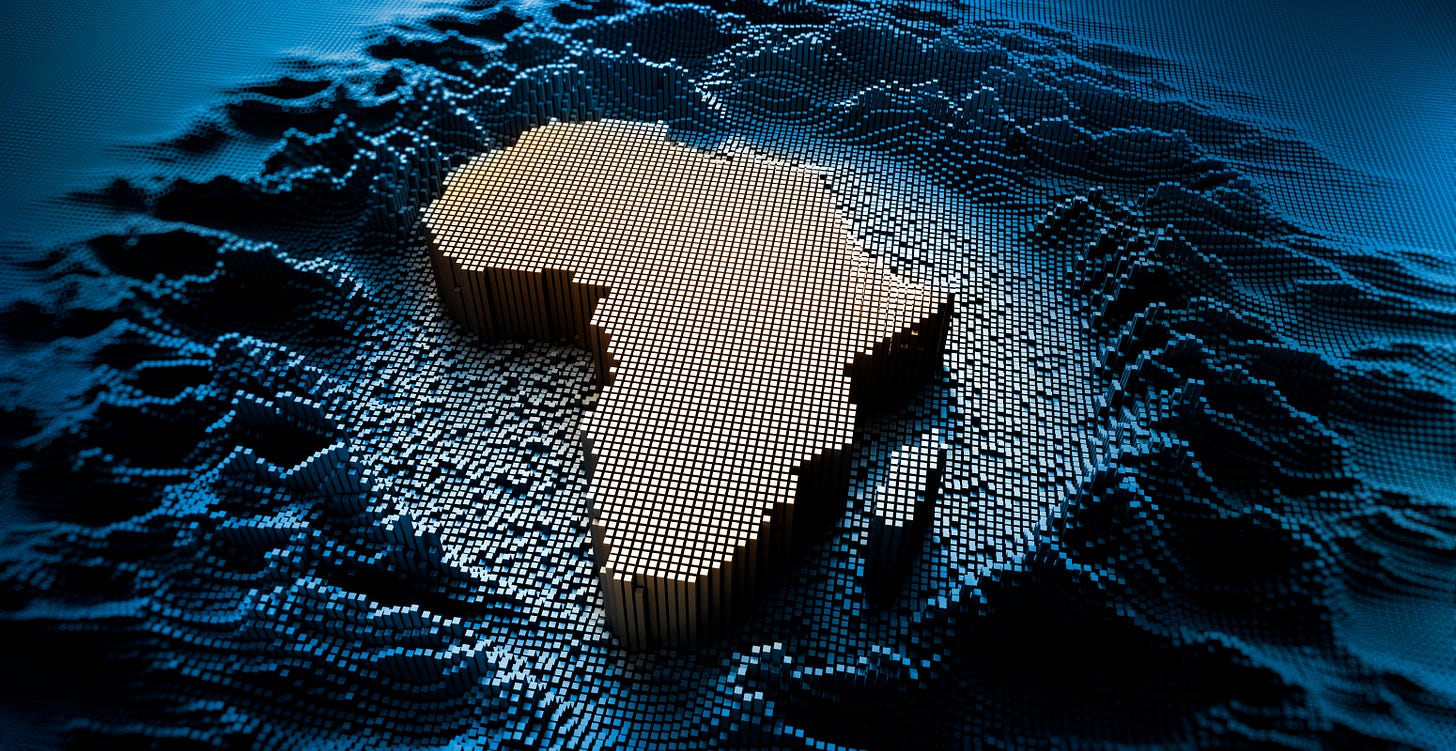Business Developments - Tech
Hello everyone!
Here’s what’s on 14 North’s radar this week: technology. Major tech companies face legal challenges in several African countries, namely Senegal and Kenya. Other Western-based companies are expanding their footprint on the continent. We are following trends and patterns and how they affect future opportunities and risk.
In recent technology developments, an association of independent consultants in Senegal intends to sue Chinese-owned social media company TikTok for not hosting data in Senegal and for poor content moderation. The users claim that the social media app collects personal data without users’ consent and does not respect the country’s data protection regulations. The lawsuit aims to draw attention to the need for stronger oversight and regulation of social media platforms in Africa and to protect users from potential exploitation by tech giants. If successful, the lawsuit could set a precedent for similar cases in the region.
A court in Kenya is hearing a case filed by three former Meta employees who claim wrongful dismissal from the company. The ex-employees argue that Meta terminated their contracts without following proper procedures, including the required notice period and payment of severance packages. They are seeking compensation for the alleged unfair labor practices.
The case highlights the growing concerns about the treatment of workers in the technology sector, particularly in Africa, where labor laws are often less stringent than in other regions. If the court rules in favor of the former employees, it could set a precedent for similar cases against tech giants operating on the continent, potentially leading to increased scrutiny and calls for improved labor practices.
Separately, a report by Survival International criticized a carbon credit project in northern Kenya on which Meta and Netflix relied to purchase carbon offsets for their own CO2 emissions. The report claimed the Northern Kenya Grassland Carbon Project came at the expense of herders living on the land and relying on it for their cattle. Specifically, the project was breaking down traditional cattle grazing systems and converting them to a centralized system akin to commercial ranching. The Northern Rangelands Trust (NRT) runs the project by enforcing “planned rotational grazing” within specified geographical areas. According to German journalist Tin Fischer, who posted a series of tweets on the project in late March, NRT has denied any wrongdoing.
The report, titled “Blood Carbon: how a carbon offset scheme makes millions from indigenous lands in Northern Kenya,” claims Meta bought 180,000 credit blocs, while Netflix purchased 90,000 such blocs. The report concluded that the project was conceptually misguided and doomed to fail. In contrast, supporters claim the project could generate between US$ 300-500 million.
Netflix plans to expand its operations in Africa, following its success in the continent since launching in 2016. The company aims to increase its investment in local content, partnerships, and infrastructure to better cater to African audiences. Netflix has already commissioned several original African productions, and the expansion is expected to generate jobs and contribute to the growth of the creative industry in the region. The move also signifies the growing importance of the African market for global streaming platforms.
A business group that included Google opposed Uganda’s anti-LGBTQ legislation. The group called the legislation a concern for global businesses and investors operating or planning to invest in Uganda. The group further stated that the legislation would undermine Uganda’s attractiveness as a place to do business and invest. The legislation prescribes the death penalty or life imprisonment for some homosexual offenses. The group stated that diversity and inclusion were core principles of its coalition partners in conducting their businesses. In addition to Google, the Open for Business coalition includes companies such as Microsoft, MasterCard, and HSBC.
In Nigeria, Hyperspace Technologies unveiled its KeyMaster Vault, a digital asset management solution to boost the continent’s digital economy.
The Nigerian Federal Government began implementing phases Two and Three of the N41.6 billion Nigerian Communications Commission’s Broadband Connectivity Intervention in critical sectors of the Nation’s economy.


